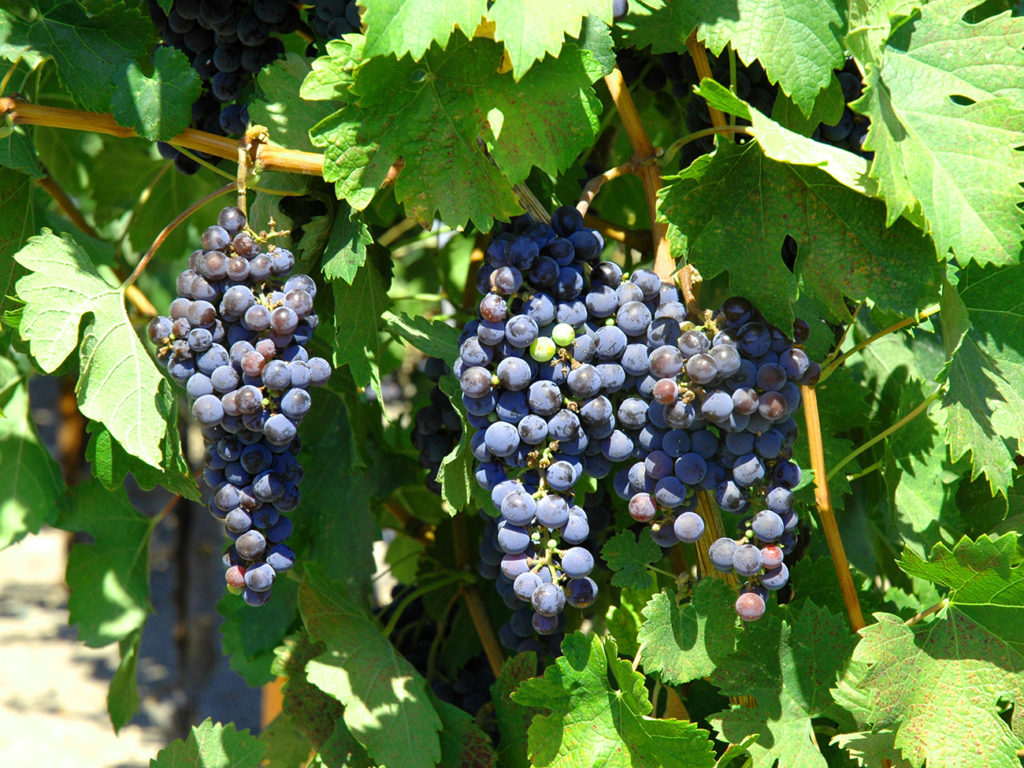Our thirst for good wines leads us to seek wines produced with the least possible use of chemicals.
Wine lovers often confuse “tannins”, a natural product that plays an essential role in the cycle from vine to wine, with “sulphites”, an added chemical that can cause digestive discomfort in some people.
What is tannin in wine?
Terry Pomerantz explains it all in this article.
What is tannin in wine?
The tannin found in wine is a natural component of the grape. It is found in the skin and seeds of the grapes. In the winemaking process of red wines, the grape juice that macerates contains a multitude of solid particles from the grapes. It is at this stage of the winemaking process that the tannins give the wine its texture.

What are sulphites?
Sulphites are essentially added to wine for their antioxidant and antiseptic qualities, to make the wine more resistant to spoilage caused by oxygen in the air. Sulphites prevent wine from turning sour.
What are the effects of tannins on the wine’s taste?
Tannins contain polyphenols. Polyphenols are known for their exceptional antioxidant, anticarcinogenic and antimicrobial properties. In addition to being essential for wine conservation, tannins add body and bitterness to wine.
By reacting with the proteins in your saliva, tannins give a rough side to the wine that causes a slight sensation of dryness in the mouth and roughness on the tongue. A red wine will be more or less tannic depending on the winemaking method chosen by the winemaker. The tannins also depend on the varieties of grape used. For example, Cabernet Sauvignon contains a lot of tannin while Gamay contains little.
You will find that the more expensive wines often contain more tannin. Their tannin becomes less bitter as these wines age.
Which red wines have the most tannin?
Nebbiolo, Cabernet Sauvignon, Monastrell and Montepulciano are red wines with higher tannin content.

Sensitivity to wine tannins
Some people are very sensitive to the bitterness of a wine’s tannins. There are few scientific studies on the possible unpleasant effects of tannins on people. If you have poor digestion of certain proteins and are very sensitive to tea, coffee and chocolate, you may prefer red wines with low tannin content. To completely avoid tannins Terry Pomerantz suggests drinking a white or rosé wine.
Which red wines have the least tannin?
Among the red wines and varietals that contain less tannin are the Italian Ripasso, Valpolicella and Barbera, the Spanish Bobal, the Argentinian Bonarda, the American and Italian Cabernet Franc and the Grenache, Pinot Noir and Merlot.
Taste good wines and avoid headaches
Most of Terry Pomerantz’s favorite wines and vins de garde contain a good amount of tannin. “If you’re worried about headaches when you drink a great red or an everyday red, I suggest you drink a glass of water with every glass of wine. This simple solution will prevent you from the discomfort caused by alcohol dehydration. Enjoy your wine!”
An avid wine lover, Terry Pomerantz shares his love of fine bottles, guided by a responsible approach to the art of living. Discover his advice on food and wine pairing, his favorite bottles, and the ideal choices for each season and occasion. Immerse yourself in his passion and learn to fully appreciate each bottle in good company.


